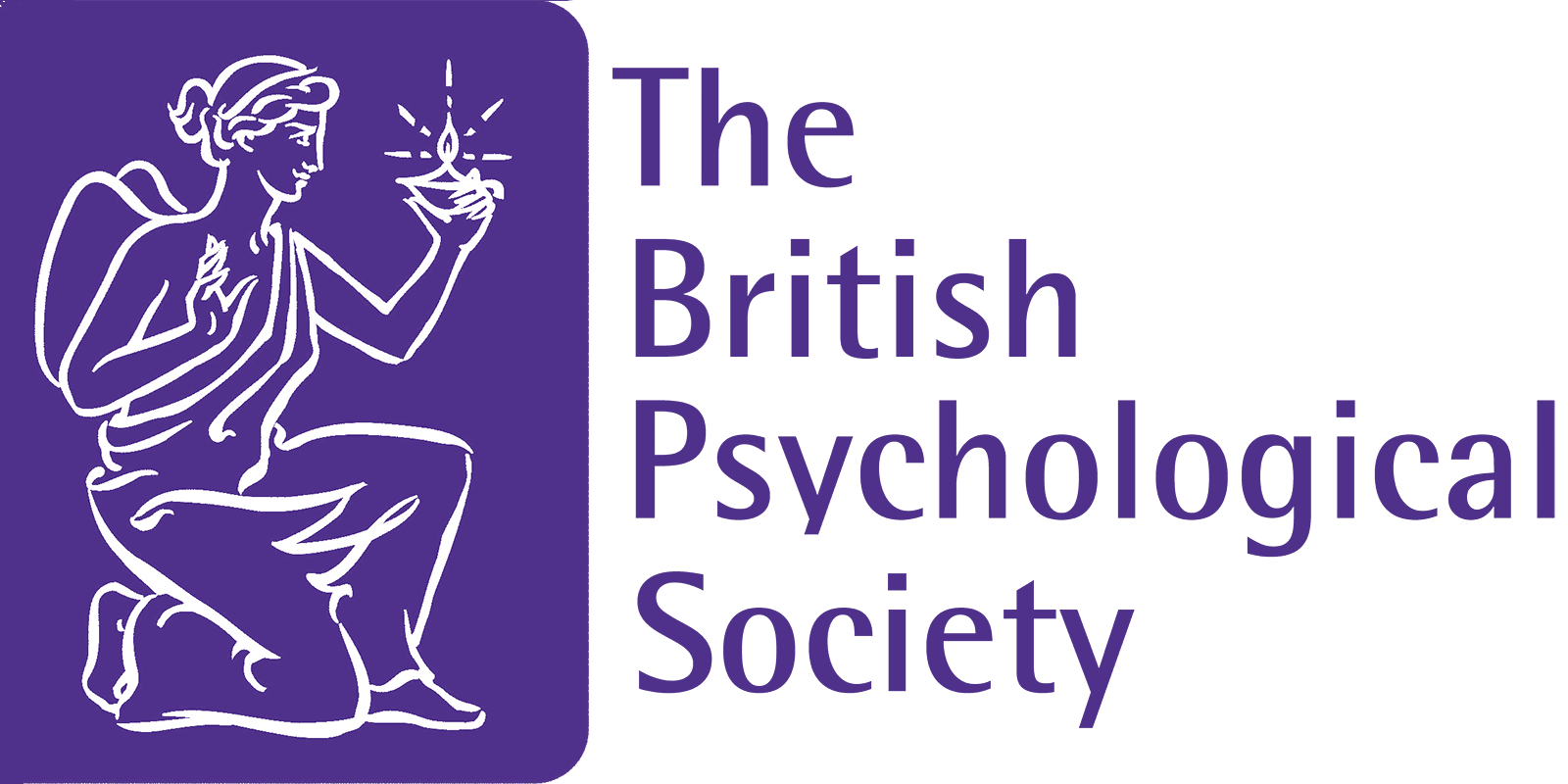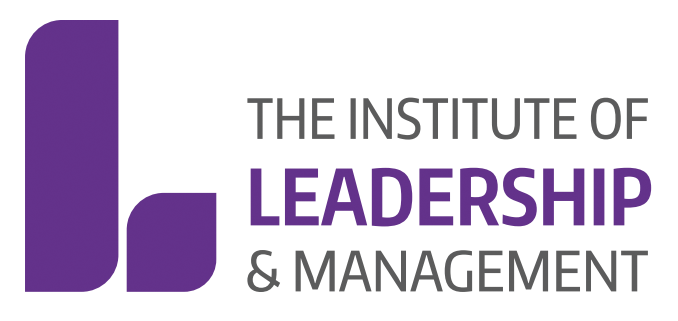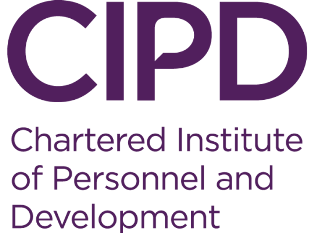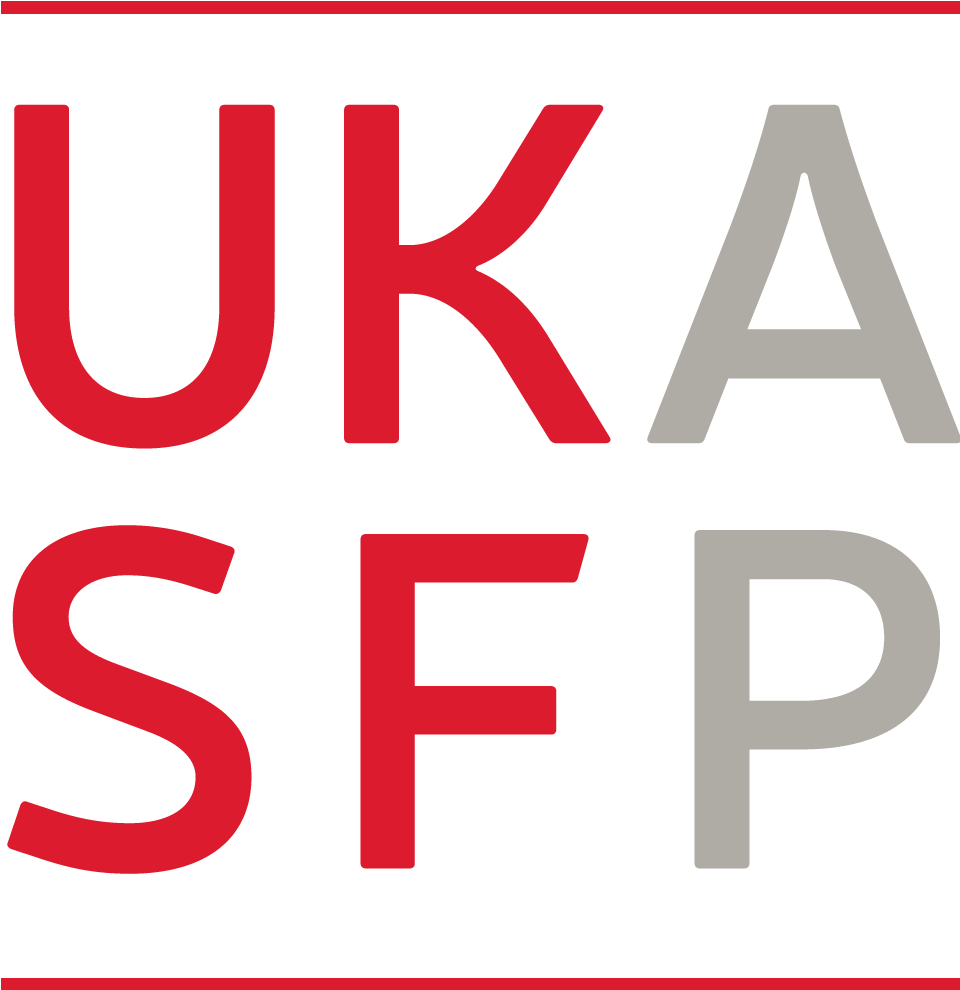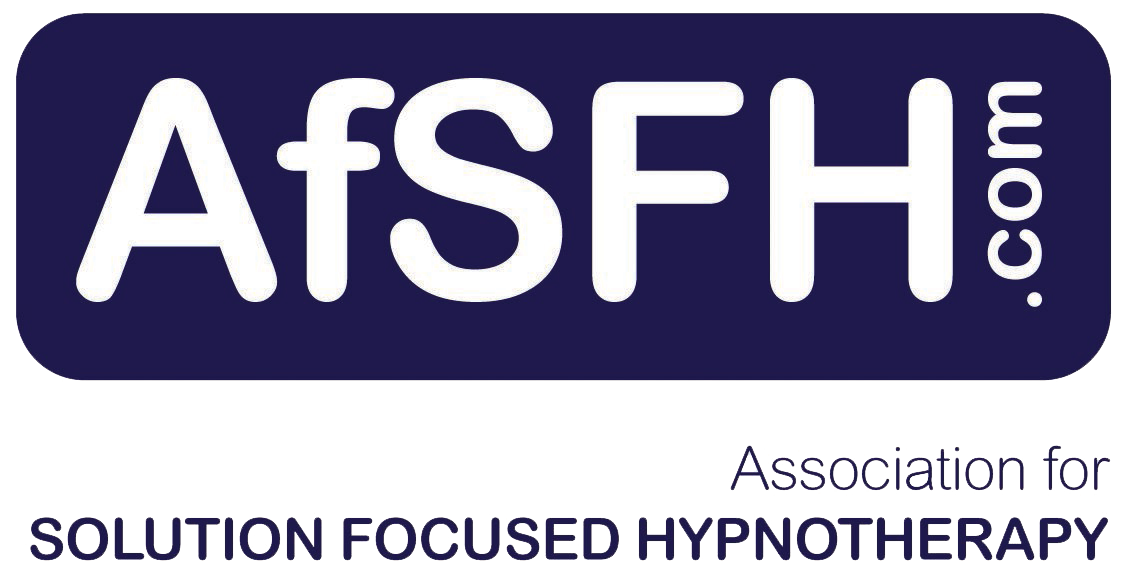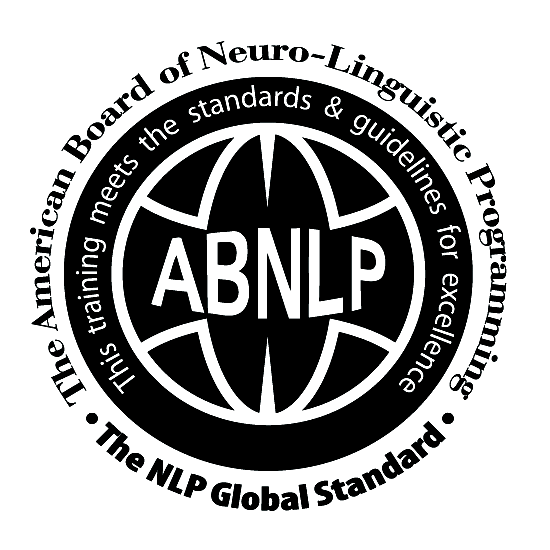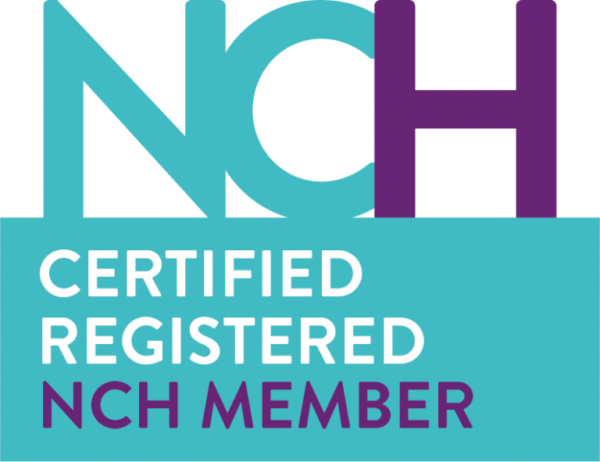Cognitive Behaviour Therapy
Change your life personally and professionally with CBT.
What is CBT and who developed it?
In the 1960s Aaron Beck noted that certain thoughts contributed to emotional problems that he termed “automatic negative thoughts”. He developed Cognitive Behavioural Therapy (CBT) as a process to address these. CBT theory says that thoughts, emotions/feelings and physiology are connected, that our thoughts trigger our feelings and our actions.
For me, our thoughts become spoken words and actions and behaviours which become our habitual way of being and character traits.
There are 2 Universal (normal) principles of how human beings work:
- What we are up against – unhelpful, unnecessary, unkind, limiting thoughts, rules and core beliefs. Unhelpful thinking leads to unhelpful and unpleasant feelings and unhelpful actions and behaviours. These negatively impact our lives and those that engage with us.
- What we have going for us – our innate resources and internal guidance. These include our instincts, imagination, our ability to question, analyse, plan; an observing self that can take a step back and be objective.
Our happiness and unhappiness are due to our own thoughts, the way we think about situations. CBT helps us to work to change what we can, accept what we cannot, and loosen our attachment to outcomes. I see CBT along with other interventions as a way of reprogramming our thinking so that we feel better and achieve better.
What does CBT treat and what is it used for?
CBT has been used effectively in treatment for a wide range of mental health conditions including anxiety, anger, depression, pain, insomnia and obsessive-compulsive disorder (OCD). CBT can also be used to improve self-confidence, self-esteem, self-worth and motivation to act.
Who can use and provide CBT?
It is helpful to all age groups across the lifespan from children to older adults who want to change. Helpful in today’s world, its flexible in being effective as a face to face, virtual or self-help format. You can do CBT yourself as part of your self-development using books and media sources. I would suggest that this is a good place to start your journey.
If you would like help and support with CBT provision an experienced qualified CBT professional can be used either privately or sometimes through the NHS if referred by your GP. Costs vary dependent on your specific needs and circumstances including the number of sessions that you require.
How does CBT work?
CBT works on the basis that if we change our thoughts, feelings / emotions or actions we can alter the other two.
When we are fearful, angry or sad, we can fall into negative thinking patterns that make us feel bad. This can lead to all sorts of problems including relationships, bad habits and work issues. CBT helps to raise awareness of negative dysfunctional thoughts.
CBT explains that it is how we react to life events, not the events themselves that cause dysfunctions. It helps us to reframe our thinking by choosing thoughts that are helpful and kind. I help my clients to work through their own examples; we discuss their experience and behaviours now and talk though the new ways of being.
I set homework for my clients to practice CBT so that they can achieve their specific goals and overcome obstacles as they progress. CBT helps you to get past old, unhelpful rules and beliefs and develop and practice new ones that are helpful and become habitual.
What are examples of questions asked in your CBT session?
What thoughts are you experiencing just now that you perceive as negative, unhelpful or unkind?
What could you think of instead that would be realistic and positive, helpful and kinder?
For example:
| Event | Thought/Interpretation | Feelings/Emotions & physiology |
|---|---|---|
| Boss walks past without acknowledging you | I have done something that has upset her | Anxiety, stomach tightness |
| She has not seen me she is so preoccupied | Calm/Concern |
It helps to understand a bit more about why we develop dysfunctional thinking so that we may catch ourselves doing it. We can then challenge the thought by asking if it is helpful; the answer is always no. We can then change our thinking to more helpful thoughts. There are four main cognitive distortions:
- Arbitrary Interpretation - without factual evidence telling ourselves something such as “I’m useless” having just failed to do one or several things. Here we are not paying attention to all the things we have been useful at.
- Selective abstraction - choosing to focus more on what is not right than right such as “75% is not good enough”.
- Over generalisations - I made a mistake, so I am a weak person, failing to identify other external causes and factors.
- Magnification and minimalisation - for example something goes wrong at the end of my presentation and I say that “this ruined the whole thing”. Sometimes termed catastrophic thinking, “nothing ever goes right for me” or “I am never good enough”
How does CBT work from here?
We identify the resources that you must help to resolve the issues and practice using your new thoughts and beliefs as well as monitor the impact of this new way of being on your behaviour, actions and outcomes. Before 1970 we thought that the brain was static and that what you developed through nature and nurture in your early years was what you were stuck with. Later, neuroscience research showed that we can address negative thoughts, rules and core beliefs. That through positive thinking and practising new beliefs with new behaviours alone and with others we can expand the left prefrontal cortex, the part of the brain responsible for positive thinking. Think of this as effectively rewiring your brain. This is life transforming and something that I would like everyone to experience.
How do I find out if CBT and professional private support is for me?
You may book a complimentary initial consultation, ask any questions that you may have and check for rapport by filling in the Contact form below:
Join me for a Complimentary Coaching session
West of England Coaching and Counselling © 2025 Coombe Lodge, Blagdon, Bristol BS40 7RE
Call: +44 (0)7712 716602

